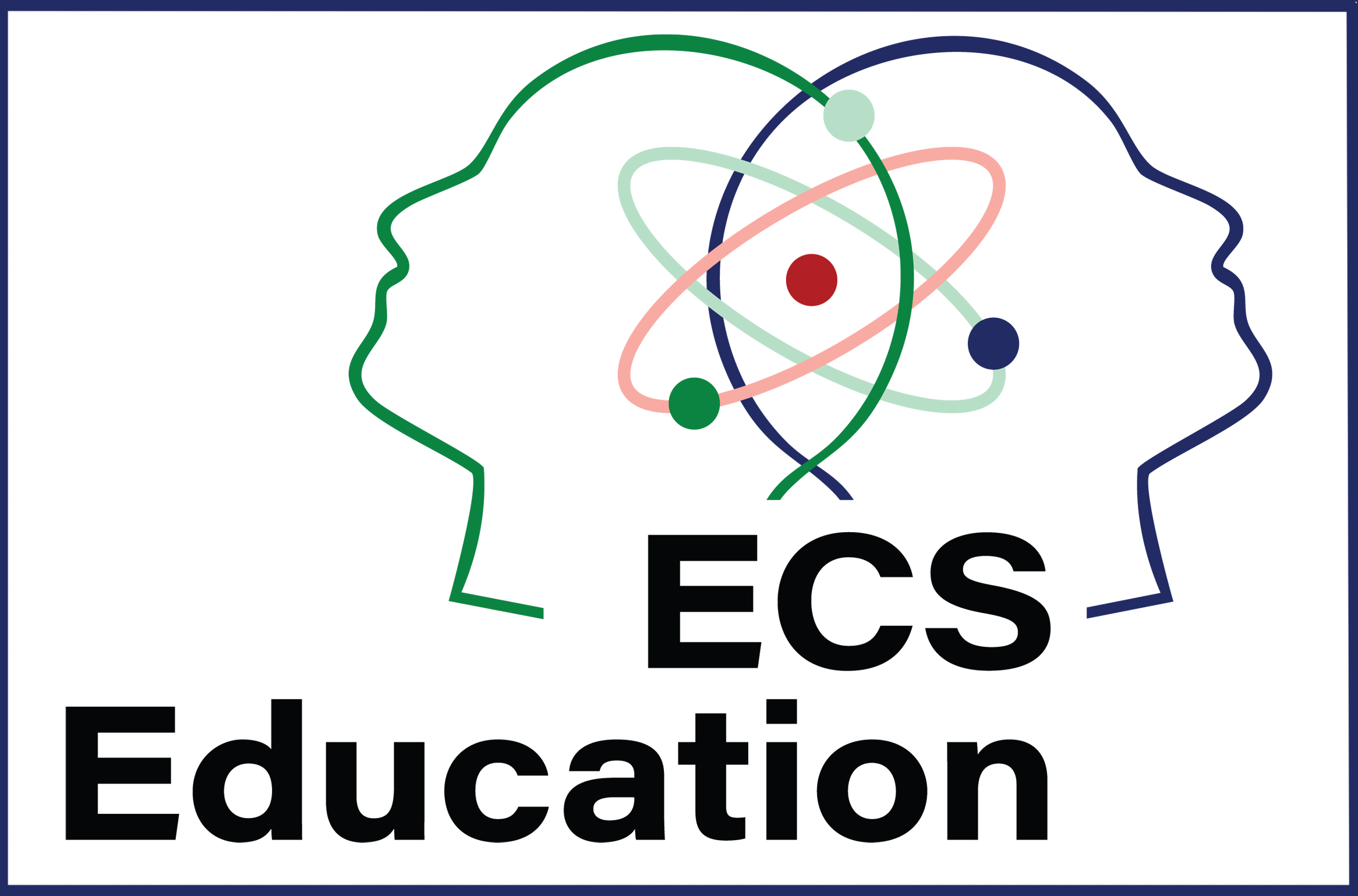Are you a postdoc, PhD student, or early-career professional in electrochemistry, solid state science, or battery engineering?
Are you looking to break into the field or accelerate your career in energy storage?
Advance Your Lithium Ion Battery Career
ECS Education’s Battery Courses are designed for scientists, engineers, and researchers like you who want to stay ahead in the rapidly evolving battery industry.
- Expert-led instruction from global leaders in battery research
- Insights into the latest advancements in energy storage
- Career-boosting skills for a high-demand industry
Your journey to becoming a leader in battery science starts with ECS Education!
Limited Time Introductory Pricing
ECS Student Member: $399.00
ECS Member: $449.00
Nonmember: $579.00 (Not an ECS member? Join here now!)
Explore ECS Education’s Battery Courses
Materials Science in Lithium Ion Battery Components: Electrolytes, Anodes, and Cathodes Course
Delve into the structure and properties of common battery materials including anodes such as graphite, silicon, and lithium metal; cathodes including LiFePO4, NMC, LNMO, and LMR-NMC; and electrolytes; along with the interfacial reactions of the electrolyte with the electrode interfaces.
Electrochemical Techniques and Diagnostics for Batteries Course
Understand basic electrochemical testing techniques and diagnostic methods for commercial lithium ion batteries.
Manufacturing of Lithium Ion Batteries and Pack Design Course
Explore general methods for preparing laminate electrodes, electrode stacking/winding, and pack construction.
All Courses Are:
- Self-paced, online learning experiences
- 20 to 25 hours of instruction
- Available as 6-month subscriptions effective from the date of purchase
 |
 |
ECS Expertise Leads the Way
Harnessing decades of expertise, ECS is proud to have joined with these esteemed researchers and industry leaders in bringing to life these career development programs designed not just to upskill a workforce but to empower a new generation of scientists, engineers, and innovators, and address the battery industry’s critical workforce training needs.
Course instructors
 Wes Chang is an Assistant Professor in the Department of Mechanical Engineering and Mechanics, and a Faculty Affiliate in the Department of Materials Science and Engineering, at Drexel University. Prof. Chang completed his BS (2014) and MS (2016) in Chemical Engineering at Stanford University, and his PhD (2021) in Mechanical Engineering and Materials Science at Princeton University. After completing his doctoral thesis, he continued working on lithium metal batteries as a postdoc at Columbia University funded by General Motors (2021-2022). He spent the following year (2022-2023) as the Arnold O. Beckman Postdoctoral Fellow at the California Institute of Technology, where he worked on lithium-mediated electrochemical ammonia synthesis. He received The Electrochemical Society F.M. Becket Fellowship. Outside academia, he previously worked in the battery industry and management consulting for energy and utilities, and regularly serves as a technical advisor to energy-focused startup companies and investment firms.
Wes Chang is an Assistant Professor in the Department of Mechanical Engineering and Mechanics, and a Faculty Affiliate in the Department of Materials Science and Engineering, at Drexel University. Prof. Chang completed his BS (2014) and MS (2016) in Chemical Engineering at Stanford University, and his PhD (2021) in Mechanical Engineering and Materials Science at Princeton University. After completing his doctoral thesis, he continued working on lithium metal batteries as a postdoc at Columbia University funded by General Motors (2021-2022). He spent the following year (2022-2023) as the Arnold O. Beckman Postdoctoral Fellow at the California Institute of Technology, where he worked on lithium-mediated electrochemical ammonia synthesis. He received The Electrochemical Society F.M. Becket Fellowship. Outside academia, he previously worked in the battery industry and management consulting for energy and utilities, and regularly serves as a technical advisor to energy-focused startup companies and investment firms.
 Dr. Peter Dreher is renowned for his pivotal contributions to Li-ion battery technology. His innovative approach in 2016 to reducing battery costs by 50 percent led to the development of the 2170 cell at the Tesla/Panasonic Gigafactory in Nevada. Beyond his work with Tesla, Dr. Dreher’s diverse career spans academia, industry, and research. He has held positions as a professor and research scientist at top universities including Purdue, and worked with General Motors, in the geothermal industry, and in medical products R&D.
Dr. Peter Dreher is renowned for his pivotal contributions to Li-ion battery technology. His innovative approach in 2016 to reducing battery costs by 50 percent led to the development of the 2170 cell at the Tesla/Panasonic Gigafactory in Nevada. Beyond his work with Tesla, Dr. Dreher’s diverse career spans academia, industry, and research. He has held positions as a professor and research scientist at top universities including Purdue, and worked with General Motors, in the geothermal industry, and in medical products R&D.
Dr. Dreher’s commitment to societal benefit is evident from his work on safety innovations such as bumper airbags for semi-trucks (funded by the National Institutes of Health) and sustainable sanitation solutions (supported by the Bill & Melinda Gates Foundation). He holds a PhD in Engineering from the Air Force Institute of Technology and an MBA in Finance from Northeastern University. Additionally, he completed an unprecedented triple major in Mechanical, Chemical, and Nuclear Engineering, alongside an MS in Mechanical Engineering from the Massachusetts Institute of Technology in 1980.
 Matthieu Dubarry (PhD, Electrochemistry and Solid State Science, Université de Nantes) has over 20 years of experience in renewable energy, with an emphasis in the area of lithium ion batteries. Following his PhD on the synthesis and characterization of materials for lithium batteries, Dr. Dubarry joined the Hawaii Natural Energy Institute (HNEI) at the University of Hawaiʻi at Mānoa as a postdoctoral fellow in 2005 to work on the analysis of the usage of a fleet of electric vehicles. He was appointed to a faculty position in 2010 with a focus on battery testing, modeling, and simulation. While at HNEI, Dr. Dubarry pioneered the use of new techniques for the non-destructive analysis of the degradation of Li-ion cells and developed numerous software tools facilitating the prognosis of Li-ion battery degradation both at the single cell and the battery pack level. Current projects include evaluating grid scale Li-ion battery energy storage systems; evaluating the impact of vehicle-to-grid strategies on electric vehicle battery pack degradation; and testing emerging battery technologies for grid-connected and transportation applications.
Matthieu Dubarry (PhD, Electrochemistry and Solid State Science, Université de Nantes) has over 20 years of experience in renewable energy, with an emphasis in the area of lithium ion batteries. Following his PhD on the synthesis and characterization of materials for lithium batteries, Dr. Dubarry joined the Hawaii Natural Energy Institute (HNEI) at the University of Hawaiʻi at Mānoa as a postdoctoral fellow in 2005 to work on the analysis of the usage of a fleet of electric vehicles. He was appointed to a faculty position in 2010 with a focus on battery testing, modeling, and simulation. While at HNEI, Dr. Dubarry pioneered the use of new techniques for the non-destructive analysis of the degradation of Li-ion cells and developed numerous software tools facilitating the prognosis of Li-ion battery degradation both at the single cell and the battery pack level. Current projects include evaluating grid scale Li-ion battery energy storage systems; evaluating the impact of vehicle-to-grid strategies on electric vehicle battery pack degradation; and testing emerging battery technologies for grid-connected and transportation applications.
 Jeff Lowe is a Virtual Propulsion Engineer in Battery Cell Electrochemistry at General Motors (GM). His work focuses on developing modeling techniques to assess battery chemistries for next-generation electric vehicles (EVs). He earned his BS in Chemical Engineering at Michigan Technological University in 2012 and PhD in Chemical Engineering from the University of Michigan in 2019. He received the Lillian Gilbreth Postdoctoral Fellowship in the College of Engineering at Purdue University. At Purdue (2019-2021), he developed property-performance trends for novel electrocatalysts, such as those employed in fuel cells. Additionally, he volunteers for STEM and community outreach projects and has managed undergraduate and graduate students.
Jeff Lowe is a Virtual Propulsion Engineer in Battery Cell Electrochemistry at General Motors (GM). His work focuses on developing modeling techniques to assess battery chemistries for next-generation electric vehicles (EVs). He earned his BS in Chemical Engineering at Michigan Technological University in 2012 and PhD in Chemical Engineering from the University of Michigan in 2019. He received the Lillian Gilbreth Postdoctoral Fellowship in the College of Engineering at Purdue University. At Purdue (2019-2021), he developed property-performance trends for novel electrocatalysts, such as those employed in fuel cells. Additionally, he volunteers for STEM and community outreach projects and has managed undergraduate and graduate students.
 Dr. Lin Ma is an assistant professor at The University of North Carolina at Charlotte. He began his scientific career in the energy storage field with the development of conversion cathode materials under the supervision of Prof. Yong Yang at Xiamen University. He obtained his BSc in Chemistry there in 2012. With the support of a Killam Fellowship, Dr. Ma completed a PhD in 2019 at Dalhousie University, working with Prof. Jeff Dahn on high voltage Li-ion batteries. From 2019-2022, he held the Dr. Brad E. Forch Distinguished Postdoctoral Fellowship at the U.S. Army Research Laboratory/University of Maryland, training under the supervision of Dr. Kang Xu, Prof. Chunsheng Wang, and Dr. Oleg Borodin. Dr. Ma’s research interests focus on the use of electrochemistry and materials science in clean energy technologies (mainly energy storage systems) to address energy and environmental challenges. The author and co-author of more than 70 peer-reviewed journal articles, one book, and six patents, he was included in the 2023 Journal of Materials Chemistry A Emerging Investigators. Dr. Ma received the 2022 Young Investigator Award (Batteries, MDPI), and ECS Battery Division’s 2021 Postdoctoral Associate Research Award and 2017 Student Research Award. He serves as an active reviewer in the energy field for 80+ publications including Nature, Nature Energy, Journal of Power Sources, ACS Energy Letters, and others.
Dr. Lin Ma is an assistant professor at The University of North Carolina at Charlotte. He began his scientific career in the energy storage field with the development of conversion cathode materials under the supervision of Prof. Yong Yang at Xiamen University. He obtained his BSc in Chemistry there in 2012. With the support of a Killam Fellowship, Dr. Ma completed a PhD in 2019 at Dalhousie University, working with Prof. Jeff Dahn on high voltage Li-ion batteries. From 2019-2022, he held the Dr. Brad E. Forch Distinguished Postdoctoral Fellowship at the U.S. Army Research Laboratory/University of Maryland, training under the supervision of Dr. Kang Xu, Prof. Chunsheng Wang, and Dr. Oleg Borodin. Dr. Ma’s research interests focus on the use of electrochemistry and materials science in clean energy technologies (mainly energy storage systems) to address energy and environmental challenges. The author and co-author of more than 70 peer-reviewed journal articles, one book, and six patents, he was included in the 2023 Journal of Materials Chemistry A Emerging Investigators. Dr. Ma received the 2022 Young Investigator Award (Batteries, MDPI), and ECS Battery Division’s 2021 Postdoctoral Associate Research Award and 2017 Student Research Award. He serves as an active reviewer in the energy field for 80+ publications including Nature, Nature Energy, Journal of Power Sources, ACS Energy Letters, and others.
Why ECS Education?
- Trusted Expertise: Backed by 120+ years of leadership in electrochemistry and collaborations with Nobel laureates.
- Industry-Relevant Content: Stay ahead with insights from top researchers and industry pioneers.
- Flexible Learning: Explore a rich blend of virtual delivery comprised of self-paced modules.
